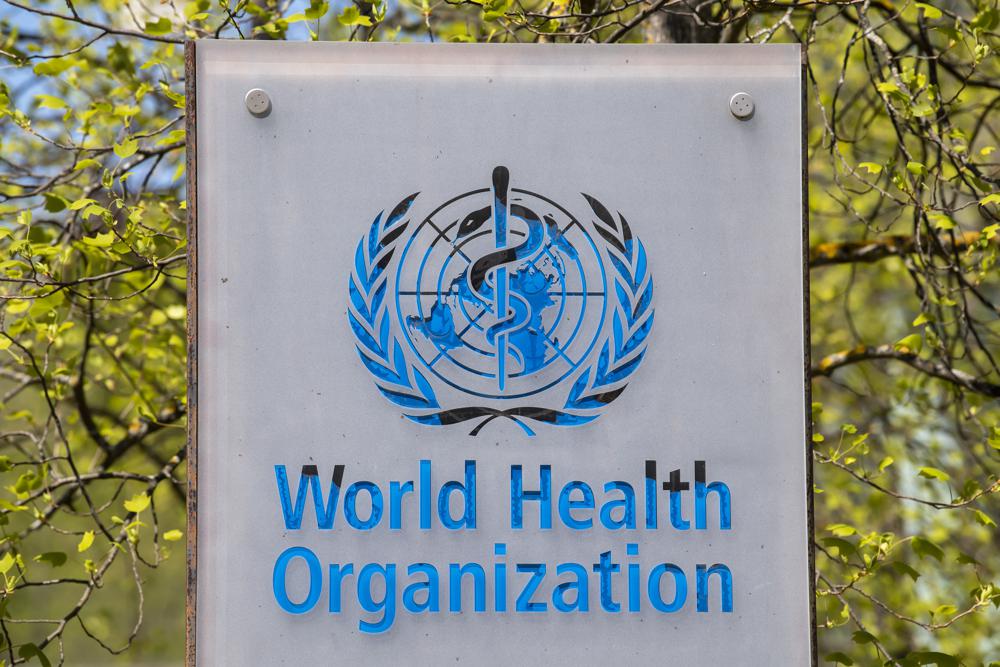WHO declares Nepal rubella-free, sixth country in South-East Asia to eliminate disease

Kathmandu: The World Health Organization (WHO) on Monday confirmed that Nepal has eliminated rubella as a public health problem, making it the sixth country in the South-East Asia region to achieve the milestone.
The certification follows a review by the Regional Verification Commission for measles and rubella elimination, which assessed Nepal’s disease surveillance and vaccine coverage data during its annual meeting from July 22 to 24.
Rubella, also known as German measles, is a contagious viral disease that can cause miscarriage, stillbirth, or lifelong disabilities in children if contracted during pregnancy. WHO credited Nepal’s strong immunization program, consistent nationwide vaccination campaigns, and active involvement of health workers and community volunteers for the success.
“This success is the result of leadership commitment, dedication of health workers, and the cooperation of the public. It ensures a healthy start for infants and a rubella-free future,” said Dr. Katharina Bohm, Acting Head of WHO’s South-East Asia Regional Office.
Nepal introduced the rubella vaccine into its national immunization program in 2012, targeting children aged 9 months to 15 years. A second dose was added in 2016. Despite challenges posed by the 2015 and 2023 earthquakes and the COVID-19 pandemic, nationwide vaccination drives in 2012, 2016, 2020, and 2024 achieved over 95 percent coverage of the first dose.
Health and Population Minister Pradeep Paudel praised the achievement as evidence of the strength of Nepal’s immunization program, thanking GAVI, WHO, health workers, and community volunteers for their roles. “We must continue our efforts so that no child suffers from preventable diseases,” he said.
Nepal has also introduced advanced laboratory testing systems to strengthen disease surveillance, the first of its kind in the South-East Asia region.
Alongside Nepal, Bhutan, North Korea, Maldives, Sri Lanka, and Timor-Leste have eliminated rubella, while Bhutan, North Korea, Maldives, and Timor-Leste have also eliminated measles ahead of the regional goal of 2026.

